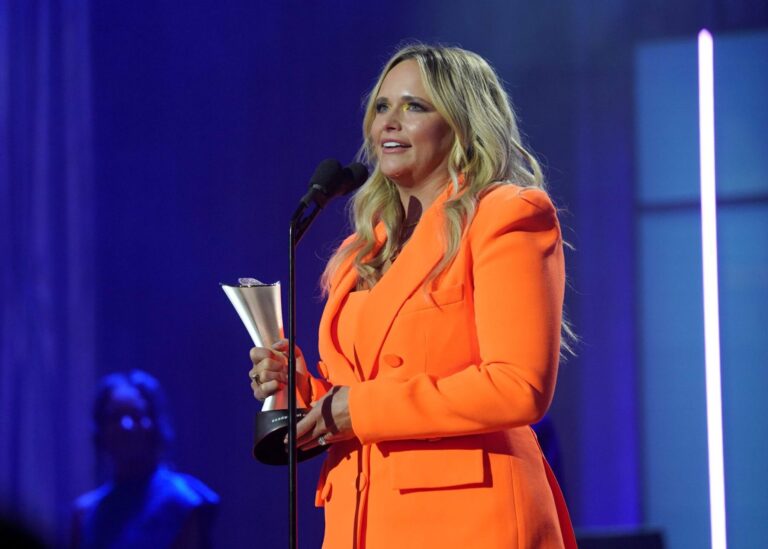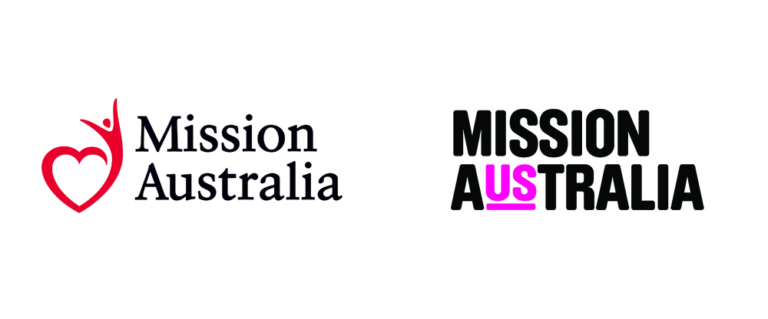Free trade a big plus
FREE trade between Australia and China could mean an increase in farmgate prices for dairy farmers and more demand for beef, sheep meat, wine and other horticultural produce.
The recently announced free trade agreement (FTA) with China will mean a wind down on tariffs on many agricultural products.
Dairy industry leaders have welcomed the FTA and applauded the Australian and Chinese governments and industry for making it happen.
Under the new FTA, the infant formula tariff will be wound down to zero in four years, while tariffs on milk powders will wind down to zero within nine to 11 years.
United Dairyfarmers of Victoria president Tyran Jones said the FTA announcement concludes more than six months of lobbying, advocacy and negotiating by the whole industry.
“UDV is delighted the Australian government has delivered on a deal which will open the door to keeping us competitive in the world’s largest and fastest growing dairy market,” he said.
“It would be reasonable to expect that increased world demand for our dairy products should be reflected in increased farm gate prices.”
Mr Jones said the FTA with China is particularly important to Victorian dairy farmers, as over 90 per cent of China’s Australian dairy imports are sourced from Victoria.
Koonwarra dairy farmer Shawn Hollingworth said while he hasn’t seen the FTA in detail yet, he hopes it will mean good things for the local dairy industry.
“If it means we can get more product into China I think it is fantastic. It might create a bit more competition for our product so hopefully the price will increase as well,” he said.
“It will mean more product can head into China without tariffs, which makes it more affordable and drives demand.”
Mr Hollingworth said if dairy farmers are making money, the whole community is better off.
“In real terms, since deregulation our operating surplus has shrunk dramatically purely because the milk price hasn’t increased at the same rate as our input costs,” he said.
“If the FTA can help increase the surplus, it will be good for everyone, particularly rural communities. If we’ve got money to spend, it means jobs.”
Mr Hollingworth said if there is a better margin going forward, more people will be inclined to pull on the gumboots and give dairying a go.
“Everyone is in business to make a profit. If the margins aren’t there, you go into something else,” he said.
Fonterra Australia managing director Judith Swales said expanding market access is vitally important to the future profitability of the Australian dairy supply chain.
“This FTA is a game changer for Australian dairy and presents all sorts of opportunities,” she said.
For Australian farmers, the FTA will give them confidence to invest in their businesses and confidence the whole industry is supporting them in providing access to their biggest export market.
Devondale Murray Goulburn’s managing director Gary Helou said the FTA was a vital step for the future of MG’s 2500 dairy farmer supplier/shareholders.
“China is already the world’s largest dairy import market. It is forecast that China dairy demand and dairy imports will continue to grow,” he said.
Victorian Farmer’s Federation livestock president Ian Feldtmann said the FTA was a win for Australian red meat producers.
“As the most populous nation on earth China needs access to safe, high quality protein and our beef and sheep meat producers are ready to deliver,” he said.
The FTA is not just for meat and milk. It also has the potential to add tens of millions of dollars to the Australian wine industry’s export earnings.
Winemakers’ Federation of Australia president Tony D’Aloisio said the agreement was significant.
“Ending the import tariff in China has been high on our wish list for a number of years and the subject of many meetings and discussions with government, particularly in the face of the preferential trade terms enjoyed by some of our competitors,” he said.
China is currently Australia’s third largest wine export market by value, with around 37 million litres of Australian wine imported to the value of $211 million in the 12 months to September.
Short URL: /?p=12805






